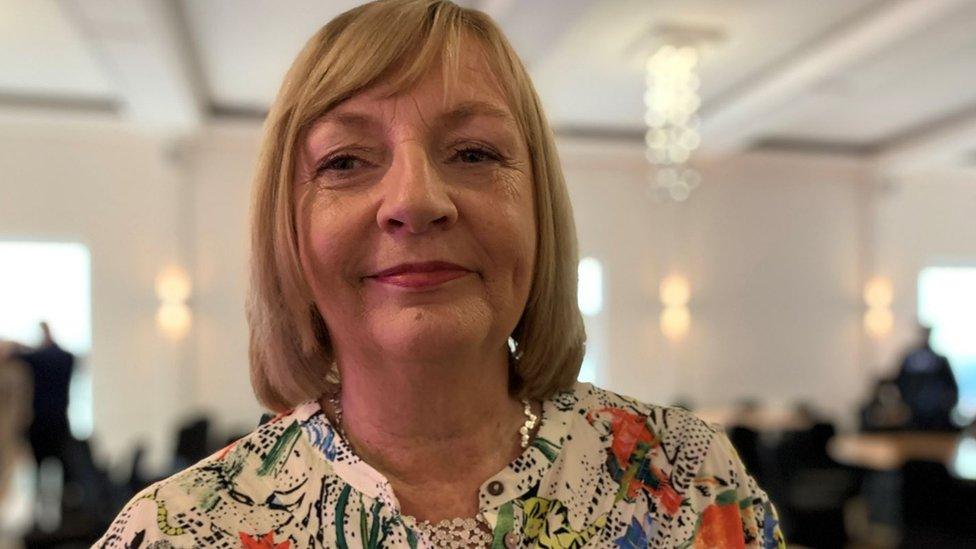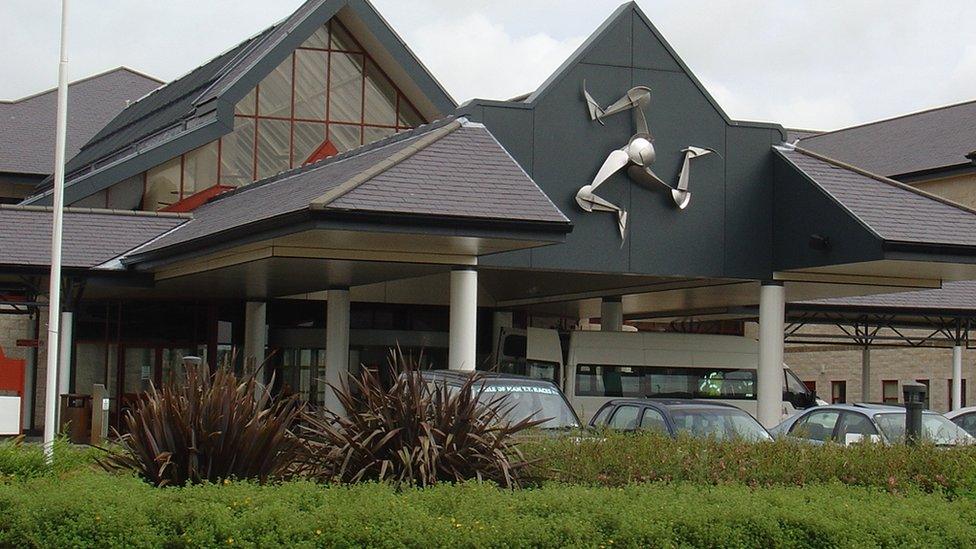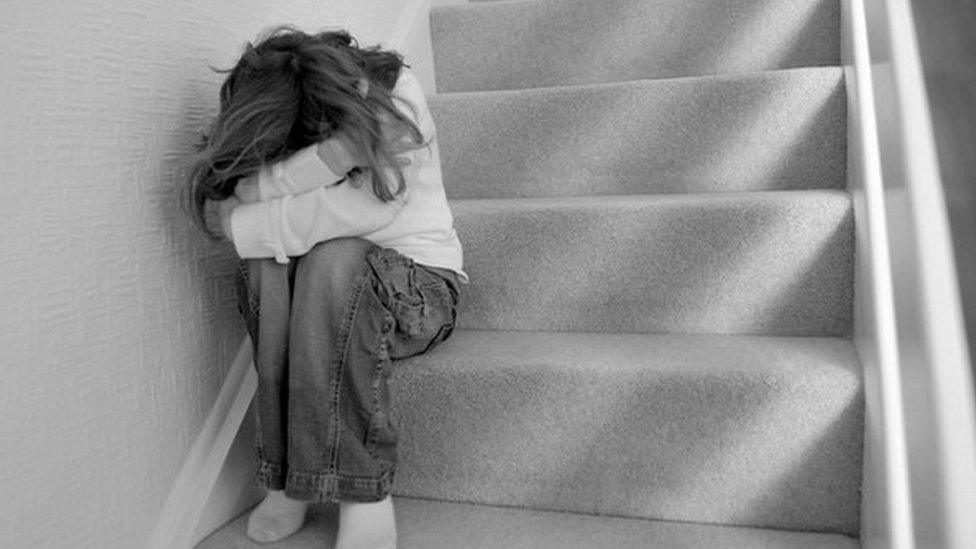New safeguarding approach to tackle Isle of Man child exploitation
- Published

Lesley Walker said the multi-agency approach would help to identify those at risk early
A new way of identifying children at risk of exploitation on the Isle of Man will make a "huge difference", the head of the safeguarding board has said.
The vulnerable adolescent protocol means concerns about those at risk are raised at daily exploitation meetings.
Those involved in the partnership include the police, health and social care services and schools.
Lesley Walker said the new joined-up approach was crucial to create a "full picture" of the risks posed.
Ms Walker said: "If we work in silos we cannot put the necessary pieces of information together to get the full picture.
"It is like a jigsaw, everybody holds a little bit of information but you don't see the whole picture until you put it together."
'Reachable moments'
Supt Steven Maddocks said some of the most vulnerable to exploitation included those who have suffered bereavement or lived in a house where there was domestic abuse or other difficult family circumstances.
The impact of those circumstances meant those people were more susceptible to being drawn into criminal activity by drugs gangs or becoming the victim of sexual exploitation, he added.
Supt Maddocks said, while in the past GDPR rules were seen as a "barrier" to information sharing, the new protocol put in place meant it was "actually an enabler" to allow at risk individuals to be identified.
He said although a "snippet of information" may seem insignificant on its own, when it was "held against some other information it becomes hugely significant" in building a clearer picture of what was going on in a young person's life.
The information could be as simple as someone being "picked up in a distressed state the night before", he said.
As well as acting to protect the young people affected, there was also a focus on disrupting the activities of the perpetrators, Supt Maddocks added.

Why not follow BBC Isle of Man on Facebook, external and Twitter, external? You can also send story ideas to IsleofMan@bbc.co.uk, external
- Published12 August 2022

- Published12 November 2021

- Published13 October 2017
